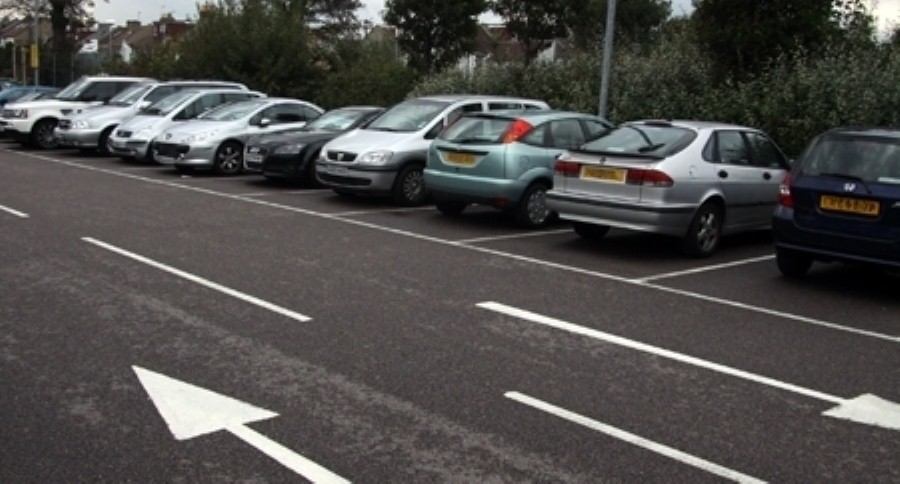New tech could take the pain out of finding a parking space
We've all been there – you arrive at your destination, only to spend what feels like hours hunting for somewhere to park. It's a common scenario, whether you're popping to the shops in the next town or day-tripping with the family.
However, automaker Ford wants to help drivers with this problem and ensure they always know where the nearest pay and display is, even if they're on unfamiliar territory.
It has teamed up with Vodafone to produce and test new connected-vehicle technology called Parking Space Guidance, which uses in-car displays to show motorists their closest car park, the number of spaces – and, importantly, how to get there.
The information is updated in real-time based on data from connected car parks and the two companies are testing the system as part of a multi-million pound cross-industry project designed to advance automated driving technologies.
As test vehicles drive through cities, they receive messages from a central computer system based on their location and digital road signs. This is then interpreted by the vehicle's technology so information can be displayed on the vehicle's interior screens.
Ford and Vodafone said they hope such vehicle-to-infrastructure communications will play an important role in autonomous vehicles in future.
Tobias Wallerius, spokesperson for Ford Europe, said: "Parking Space Guidance is a connected vehicle technology that could help drivers to more quickly complete their journey, saving them money, time and benefitting overall air quality."
According to INRIX Research, the average city driver spends up to 67 hours per year searching for a parking space. In the UK, 71 per cent of motorists say there isn't enough parking available, yet occupancy data reveals local authority car park occupancy rates can be as low as 50 per cent.
Perhaps this new technology could solve the problem of invisible car parks once and for all. Let's hope it becomes common in all new cars very soon.
